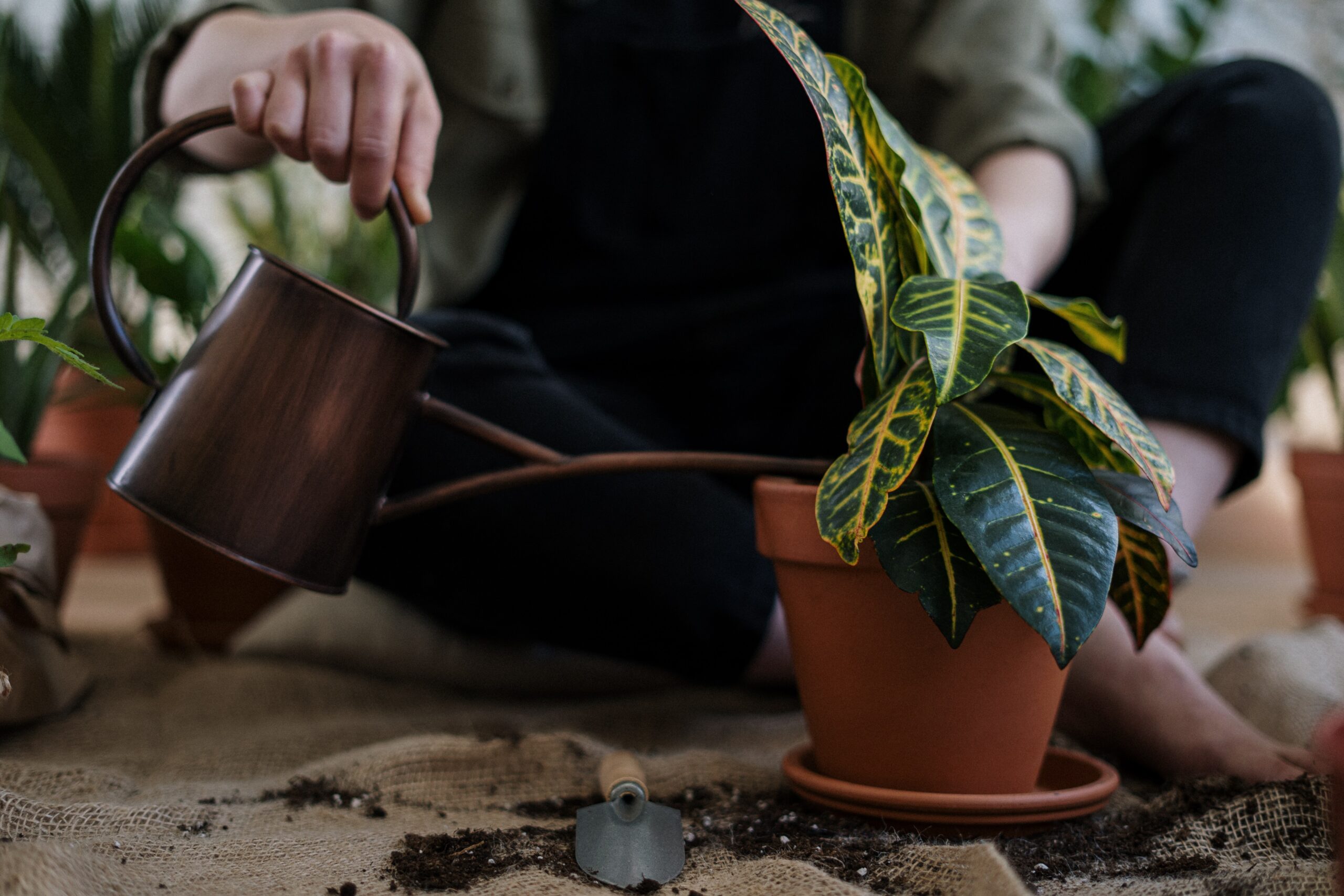
We guarantee all of our plants, bulbs, and seeds to be labeled correctly and to be the highest quality at time of sale (unless labeled otherwise). We cannot and do not guarantee plants will survive after they leave the store because we have no control over their care. We will replace any seeds that fail to germinate, bulbs that fail to grow, or dormant plants that fail to leaf out. We will also replace any plants that develop insect or disease problems within 14 days of purchase date.
Echter’s offers the option to purchase a two year warranty on any of our trees, shrubs, or roses. If the plant fails to survive within the two year warranty period, Echter’s will replace the plant with another of the same variety and size (one time only). If a replacement plant is not available or appropriate, we will issue a store credit in the amount of the non-warranted purchase price. Echter’s does not offer warranties on any replacement plants.
Full Sun means the plant requires 6+ hours of direct sunlight per day.
Part Sun means the plant requires 4-6 hours of direct sunlight per day.
Shade means the plant requires fewer than 4 hours of sunlight per day.
The best way to determine what kind of sunlight you have in your house is to determine the direction your windows face. It is also important to consider obstructions such as large trees or furniture that may be blocking sunlight. Larger windows will also allow for plants to be further from windows, while smaller windows will provide a more limited range of sunlight.
North facing windows typically provide Low Indirect Sunlight.
East facing windows typically provide Low to Medium Indirect Sunlight.
West facing windows typically provide Medium to Bright Indirect Sunlight.
South facing windows typically provide Bright Indirect Sunlight.
In Colorado, the location of planting depends on the type of plant you are working with. Annuals can thrive in containers, raised beds, or in the ground. Some annuals prefer well draining soil which can be more easily controlled in containers and raised beds but well prepared ground soil can be adequate as well. Typically, perennials, roses, trees, and shrubs must be planted in the ground to survive Colorado’s harsh winter conditions.
Soil Amendments are materials mixed into the soil to improve soil structure, improve drainage, increase moisture retention, adjust PH, or add nutrients.
Mulch is a material placed on top of the soil surface to reduce evaporation, prevent soil compaction, control weeds, provide insulation, and create a visually appealing look.
Fertilizers are materials added to soil that contain specific percentages of macronutrients and micronutrients.
Annuals are planted each year. They tend to flower for a long period, often the entire growing season.
Perennials, once established, will continue to produce new top growth and flowers each year (usually for a short period each year). Perennials often die back to the ground but the root systems remain alive and send up new shoots each year.
Biennials, (sold as perennials) take two years to complete their life cycle. During the first season, they usually produce only vegetative growth. The second year, they flower and then die. Some biennials will continue to grow as a short-lived perennial.
In Colorado’s climate, some perennials or biennials are sold as annual due to their inability to survive our winters.
The Denver Metro area and the surrounding plains are considered zone 5. The foothills are zone 4 and mountain regions are zone 3 or lower. In general, you can grow any plant with a zone number equal or lower than your zone. Denver is becoming a milder microclimate as a result of increased development and building. Many zone 6 plants are being grown successfully in Denver’s semi-protected areas.
Hardening off is the gradual exposure of a plant to the outdoor elements. Plants grown in a greenhouse are accustom to mild, protected climates. These plants need time to acclimate to Colorado’s dry air, intense sun, fluctuating temperatures, and winds to reduce the risk of transplant shock. We recommend placing plants in a protected outdoor area during the day and moving them inside or into a garage at night. Repeat this process for a few days before planting in a permanent site.
Unfortunately, there is not one date that guarantees safe planting conditions outdoors and Colorado’s weather conditions can change each year. Plants vary greatly in their ability to tolerate cold temperatures. Check out Echter’s frost hardiness chart (link) for recommended planting times on annual crops and plant varieties. Perennials, trees, and shrubs can typically be planted in the metro area from May through early October depending on weather. Some hardier varieties can be planted in March and April, again depending on weather conditions.
Deadheading refers to pinching or pruning spent flowers from a plant to prevent seed formation. This process encourages vigorous plant growth and continuous formation of flower buds.
Deciduous plants shed their leaves in the fall and regrow them in the Spring.
Evergreen plants hold their leaves or needles through the winter and stay green year round.
Ornamental trees are deciduous trees with pleasing qualities such as flowers and attractive foliage.
© 2019 Echter’s Nursery & Garden Center